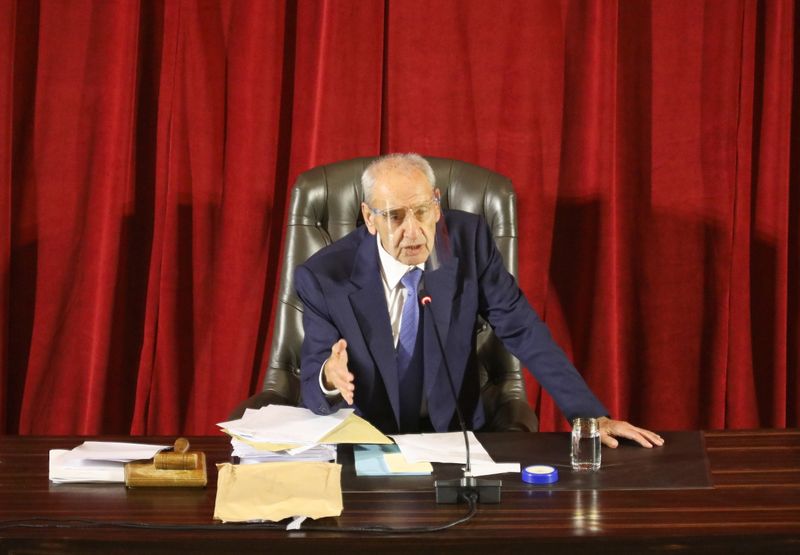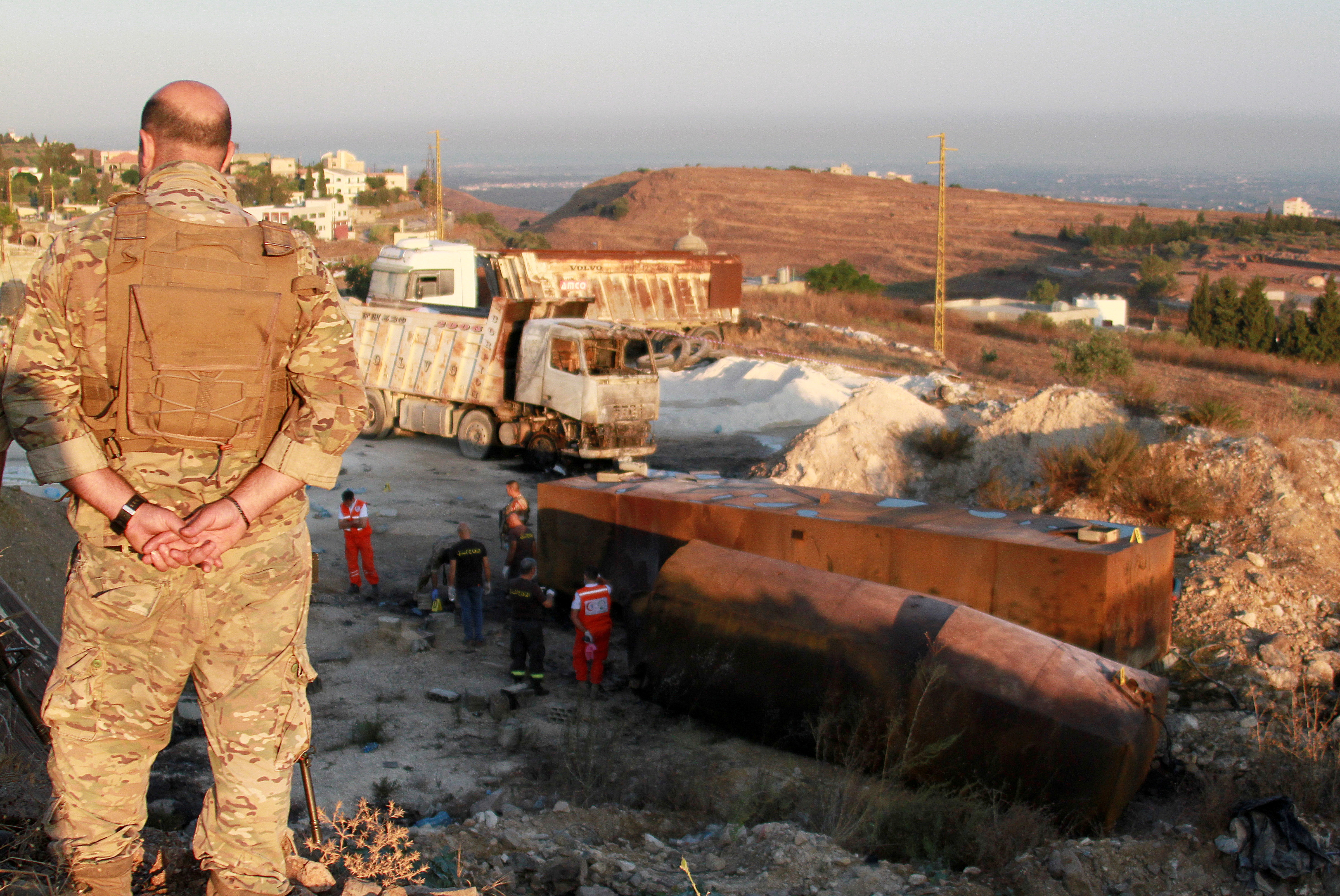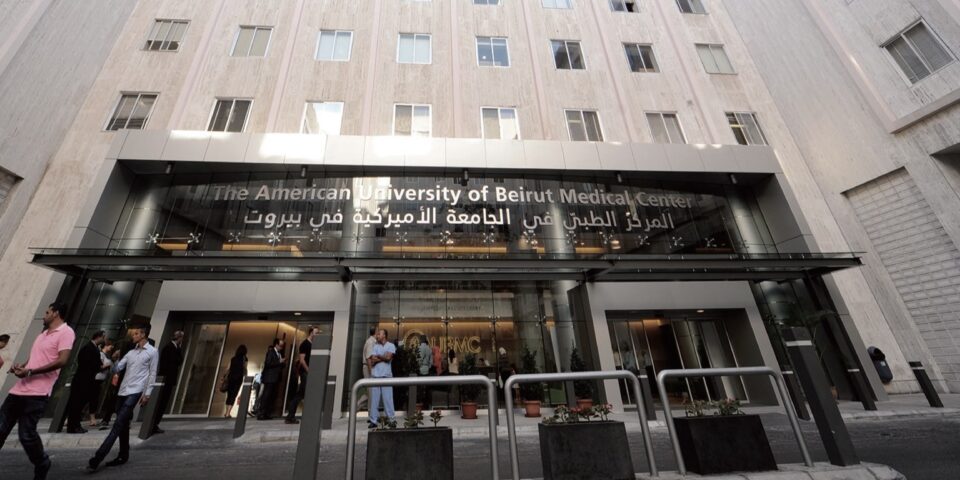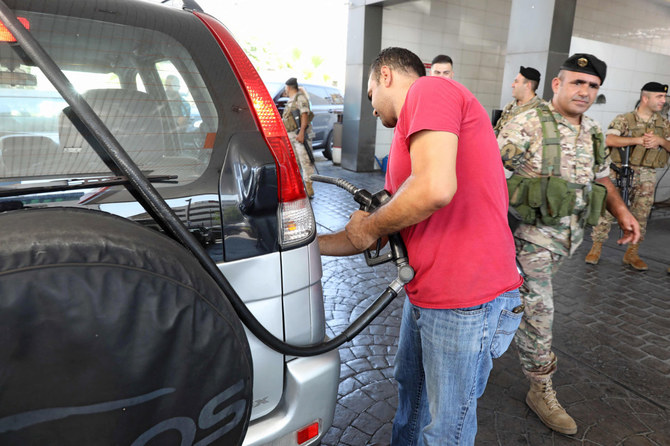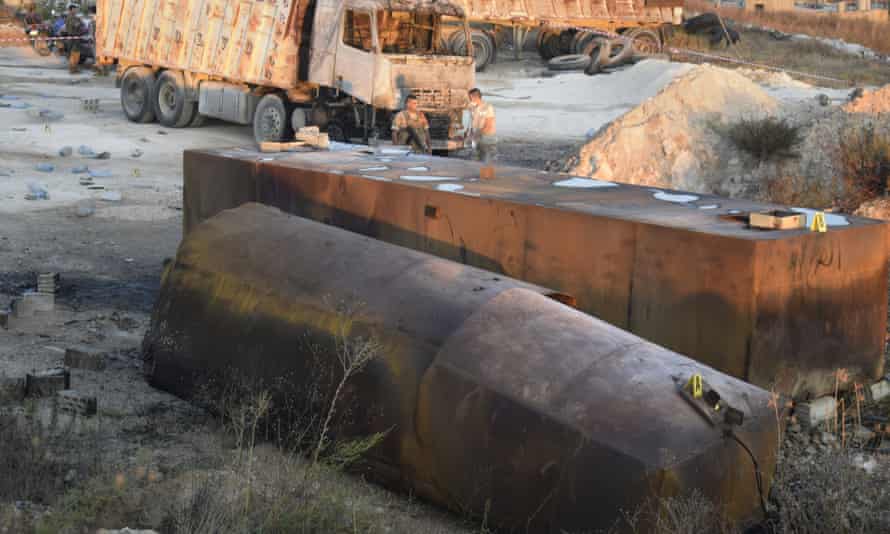
by asumetech.com — In Lebanon, fears of “time bombs” represented by petrol and diesel fuel stored in or near residential buildings are growing, days after the disaster of the explosion of a fuel tank in the village of Al-Talil in the Akkar region, which left more than 100 casualties including dead and wounded, the dead will be buried today. Lebanon has been suffering from severe fuel shortages for months, which has prompted many citizens to store gasoline or diesel in their homes or rooms and warehouses under their homes. in plastic containers e in unsafe conditions, while black market traders have been active on a higher level by stockpiling large quantities of these materials in various locations in all of Lebanon, and sometimes in populated areas, hoping to sell them at prices much higher than the official price for these subsidized materials.
After three days of intense raids, the army announced on Tuesday that it had seized more than 4 million liters of gasoline and 2.2 million liters of mazout and forced them to sell most of them on the market, after being discovered inside. of concrete, iron or plastic drums, showing the extent of the danger that threatens civilians. Atef Mansour, mayor of Burj al-Barajneh and al-Raml al-Aali, a suburb of Beirut, launched an appeal Tuesday on behalf of the population of the area, “to the security forces to speed up the emptying of the enormous quantities of fuel stored under the their homes … to avoid a repeat of the disaster of Tallil “in Akkar. “The neighborhood sleeps on the crater of a volcano, they saved it,” he added. The specialized journalist in environmental issues, Mustafa Raad, said: “Storing gasoline and diesel in homes is equivalent to hiding a time bomb among the homes of safe people, as these homes are not equipped against fire, and the rapid interaction of these materials with oxygen , which increases the rate of fire spread throughout the house and residential floors.

